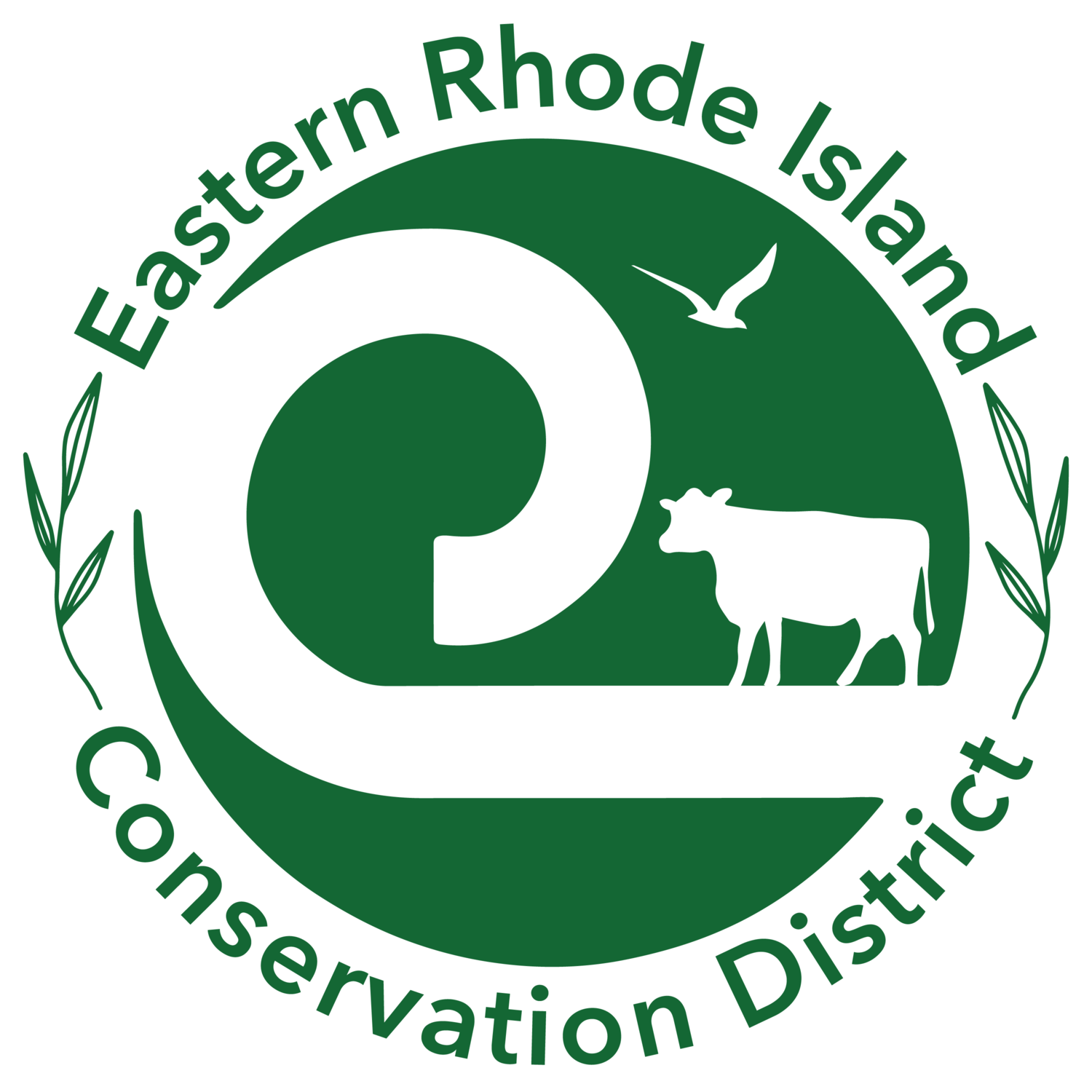The Role of Flowers
Essential to the Environment
Flowering plants are a critical part of a functioning ecosystem. They provide food, form habitats and provide a wide range of other resources for many animal species. However even more important is the breathable oxygen they produce, the water they purify and the soil they hold in place. These flowering plants and in turn pollinators are essential for the balance of the environment and humans.
Pollinators enable the survival of not only wild plants but also the food that we eat, fibers we wear, oils we use and medicines we rely on! Of the 1,400 crop plants grown around the world, i.e., those that produce all of our food and plant-based industrial products, almost 80% require pollination by animals to produce fruit and seeds. Apples, canola oil, cashews, coconuts, broccoli, coffee and chocolate are just a few examples of foods we eat that rely on pollinators!
Studies have shown that farms located closer to natural habitats or who incorporate greenspace into their farmland, see a gain in overall crop yields. In addition to higher yields, visits from certain pollinators can also result in larger, more flavorful fruits! The increase of production of pollinator-dependent crops over the last five decades against the declining pollinator populations will without a doubt begin to impact the availability of food and essential goods.



